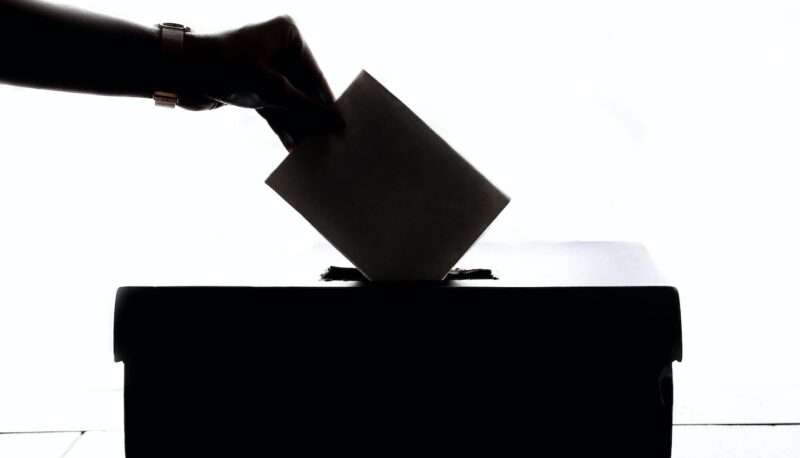June 25, 2023, marks the tenth anniversary of Shelby County v Holder, a pivotal Supreme Court case that was devastating for voting rights. Gutting one of the key provisions of the Voting Rights Act, the case led to a wave of voting restrictions, and many voters around the country are still feeling the effects. Let’s look at how the decision played out and why it’s still important today, 10 years later.
The Decision
In the case, the Supreme Court decided that Section 4 of the Voting Rights Act was unconstitutional. Section 4 provided criteria for defining which jurisdictions had discriminatory voting restrictions such as tests or other barriers to voting. The section outlined a means of determining which states had to obtain preclearance under Section 5 before changing their voting laws, since those states were determined under Section 4 to have a history of discriminatory voting practices. Once Section 4 was deemed unconstitutional, Section 5 effectively became irrelevant because it no longer had criteria by which to determine covered jurisdictions.
According to the Supreme Court’s majority, the formula in Section 4 made sense when the Voting Rights Act went into effect in 1965, but because voting discrimination was less prevalent in 2013, thanks in no small part to the Voting Rights Act, the section imposed undue federal authority on the covered states.
If that sounds to you like the Supreme Court was using the success of the Voting Rights Act as justification for gutting parts of the Voting Rights Act, you’re not alone. Justice Ruth Bader Ginsburg wrote in her dissenting opinion that, “In the Court’s view, the very success of §5 of the Voting Rights Act demands its dormancy” and, “Throwing out preclearance when it has worked and is continuing to work to stop discriminatory changes is like throwing away your umbrella in a rainstorm because you are not getting wet.”
Despite dissent from Justice Ginsburg and the three other liberal justices, Section 4 was struck down and Section 5 was hobbled.
The Results
New restrictions on voting came almost immediately. Texas enacted a voter ID law that very day, and other states followed suit in the weeks and months to come. Many of these laws were previously passed at the state level but were barred because of the Voting Rights Act. With the Shelby County decision, the floodgates were opened, and states felt empowered to go after voting rights.
Thankfully, almost as quickly as they’d been enacted, the new restrictions were challenged. Section 2 of the Voting Rights Act, which lays out the purpose of the Voting Rights Act and prohibits discrimination in voting on the basis of race, color, or language group, remained intact and was used to counter some of the new laws. However, the people intent on restricting voting haven’t let up, and they’re still trying to find new ways to limit access to voting.
A recent report by the Brennan Center for Justice, a nonpartisan voting rights organization at New York University Law School, found that a “near record number of new restrictive voting laws” have been passed so far this year, including 13 laws in 11 states, at least six of which implement strict voter ID requirements which could have been barred prior to Shelby County v Holder. Additionally, more than 300 bills have been introduced in 45 states that would restrict access to the ballot and disproportionately affect voters of color.
Why It Matters
The Voting Rights Act was instrumental in making the promise of participation in the democratic process more accessible and equitable to millions of people. With Shelby County v Holder, the Supreme Court gutted the landmark legislation, letting states with questionable histories and even more questionable motives chip away at what should be the inalienable right to vote. As a result of this and other decisions, we’re facing coordinated threats to voting rights on a massive scale.
Organizations like People For are working to protect voting rights around the country, including pushing for voting rights legislation at the state and federal levels, including the Freedom to Vote Act and the John R Lewis Voting Rights Advancement Act. The Shelby County decision struck a blow, but we’re not giving up. Please join us and help ensure that, despite the attacks on our fundamental rights, everyone can enjoy a vote that matters.
